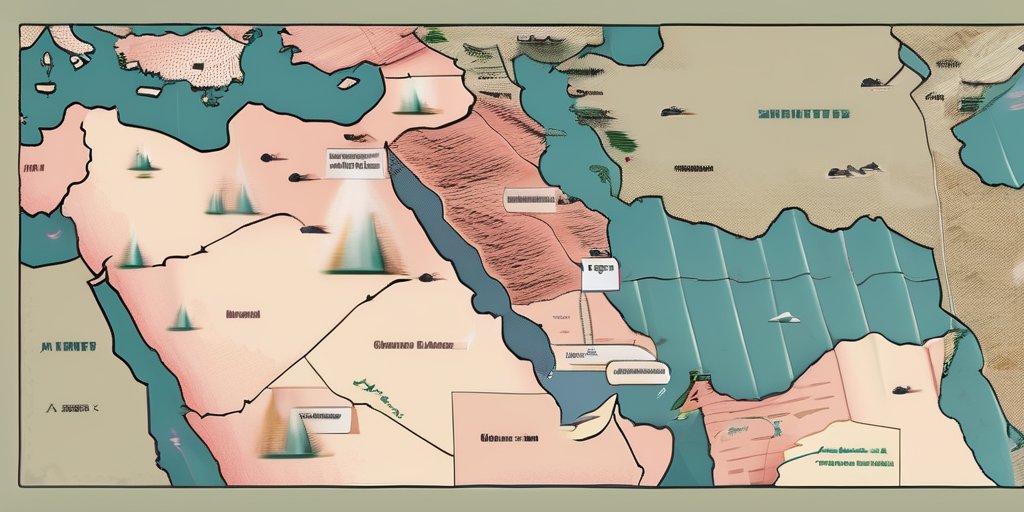In a volatile turn of events, tensions between Iran and the US have escalated dramatically following recent airstrikes by the US on Iranian nuclear sites. This action sparked outrage in Tehran, with officials vowing severe consequences. Significant discussions are underway in Iran on whether to retaliate against US interests or heed President Donald Trump’s calls for negotiation, which would require Iran to halt its nuclear enrichment activities.
This internal dilemma is compounded by fears of Israel’s potent military presence in the region, particularly following the assassination of key Iranian figures. Several paths lie ahead for Iran, each fraught with potential risks and implications for regional stability.
To retaliate immediately could escalate hostilities into a full-blown conflict. Iran still possesses a considerable missile stockpile, and its strategic options include targeting US bases across the Middle East—most notably those in Iraq and Syria or even the prominent US Navy’s Fifth Fleet stationed at Mina Salman in Bahrain. Historical context shows a cautious approach; during the retaliation for Qassim Suleimani’s assassination, Iran warned of attacks to prevent US casualties. However, this time, the calculus might differ due to heightened emotions.
In a strategic sense, Iran could utilize its proxy forces in the region to indirectly engage US interests, mitigating risk to its own military infrastructure. Additionally, hybrid warfare, such as drone strikes and offensive cyber operations, could be pursued. This evokes concern regarding US vulnerability, prompting critical debates within Pentagon circles on deterrent measures.
Alternatively, Iran might choose a more patient strategy, laying low until the US is less vigilant, perhaps executing a surprise attack or targeting undeniably vulnerable diplomatic missions.
However, any immediate military retaliation or strategic silence must be cautiously balanced against the backdrop of Trump’s recent statements urging Iran to pursue peaceful negotiations or face intensified military actions. The global ramifications of Iran’s decisions pose an existential dilemma for the regime, while the US maintains its justification for military intervention as a preventive measure for nuclear proliferation.
As these developments unfold, the world watches closely, understanding that Iran’s choices could redefine Middle Eastern geopolitics and unsettle global oil markets.
